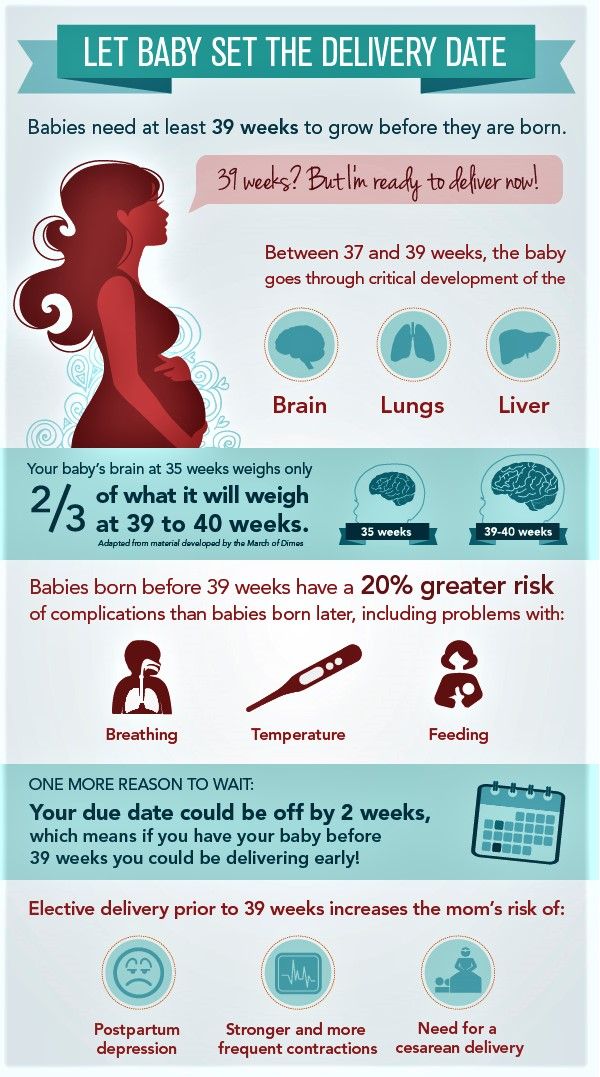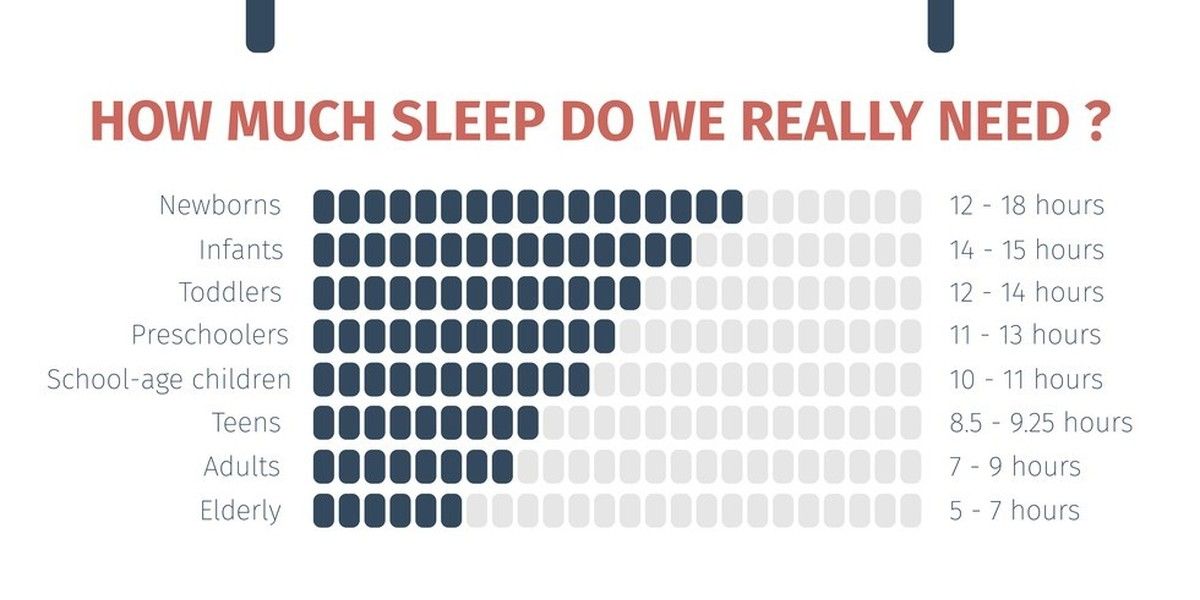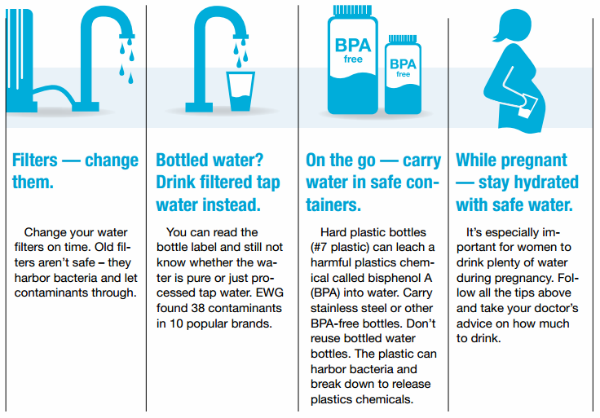Things a man can do to help get pregnant
How can I improve my chances of becoming a dad – NHS
It may seem obvious, but you need to have regular sex (2 or 3 times a week) if you want to become a dad.
Having sex around the time your partner ovulates (when an egg is released from the ovary) will increase your chances of conceiving.
Read more about the best time to get pregnant.
There are also a number of lifestyle changes you can make to improve your chances of becoming a dad.
Sperm temperature
Your testicles are outside your body because, to produce the best quality sperm, they need to be kept cooler than the rest of you (slightly below body temperature).
If you're planning a pregnancy, taking a few simple measures to keep your testicles cool may help. For example, if your job involves working in a hot environment, take regular breaks outside. If you sit still for long periods, get up and move around regularly.
Wearing tight underwear is also thought to increase testicle temperature by up to 1C. Although research has shown that tight underwear does not seem to affect sperm quality, you may want to wear loose-fitting underwear, such as boxer shorts, while trying for a baby.
Smoking
Smoking can reduce fertility, so you should give up smoking if you want to become a dad.
Smoking around a newborn baby also significantly increases their chances of respiratory disease and cot death (sudden infant death syndrome).
A GP will be able to give you advice and treatment to help you quit smoking.
You can also visit the NHS Smokefree website for more help and advice about quitting smoking, or you can call the helpline on 0300 123 1044 (9am to 8pm Monday to Friday, 11am to 4pm Saturday and Sunday).
Alcohol
Drinking alcohol excessively can affect the quality of sperm. The UK Chief Medical Officers' recommendation is to drink no more than 14 units of alcohol a week, which should be spread evenly over 3 days or more.
One unit of alcohol is the equivalent of half a pint of beer or lager, or a single pub measure (25ml) of spirits. A small glass of wine (125ml) contains 1.5 units of alcohol.
Read more about alcohol support and alcohol units.
Recreational drugs
Some recreational drugs are known to damage sperm quality and reduce male fertility. These include:
- cannabis
- cocaine
- anabolic steroids
You should avoid taking these types of drugs if you're trying for a baby.
Medicines
Some prescription medicines and medicines you buy from a pharmacy can also affect male fertility.
For example, some chemotherapy medicines can affect fertility, either temporarily or permanently.
Long-term use of some antibiotics can also affect both sperm quality and quantity. But these effects are usually reversed 3 months after stopping the medicine.
Speak to a GP, pharmacist or other healthcare professional if you're taking a medicine and you're unsure whether it could affect your fertility.
Diet, weight and exercise
Eating a healthy, balanced diet and maintaining a healthy weight is essential for keeping your sperm in good condition.
The Eatwell Guide shows that to have a healthy diet you should:
- eat at least 5 portions of a variety of fruit and vegetables every day (see 5 A Day)
- base meals on higher fibre starchy foods like potatoes, bread, rice or pasta
- include some dairy or dairy alternatives (such as soya drinks and yoghurts)
- eat some beans, pulses, fish, eggs, meat and other protein
Being overweight (having a body mass index above 25) may affect the quality and quantity of your sperm.
If you're overweight and trying for a baby, you should try to lose weight by combining healthy eating with regular exercise.
Stress
Stress can affect your relationship. It can also lower your or your partner's sex drive (libido), which may reduce how often you have sex.
Severe stress may also limit sperm production. So when trying to have a baby, learning to relax and taking steps to reduce the amount of stress in your life will help.
Read more about loss of libido, mental health and wellbeing and breathing exercise for stress.
Getting help
Some people get pregnant quickly, but for others it can take longer. It's a good idea to see a GP if your partner is not pregnant after a year of trying.
Further information
- How can I increase my chances of getting pregnant
- What is preconception care?
- Infertility
Page last reviewed: 15 May 2020
Next review due: 15 May 2023
Male fertility: 10 tips for men trying to conceive
When you purchase through links on our site, we may earn an affiliate commission.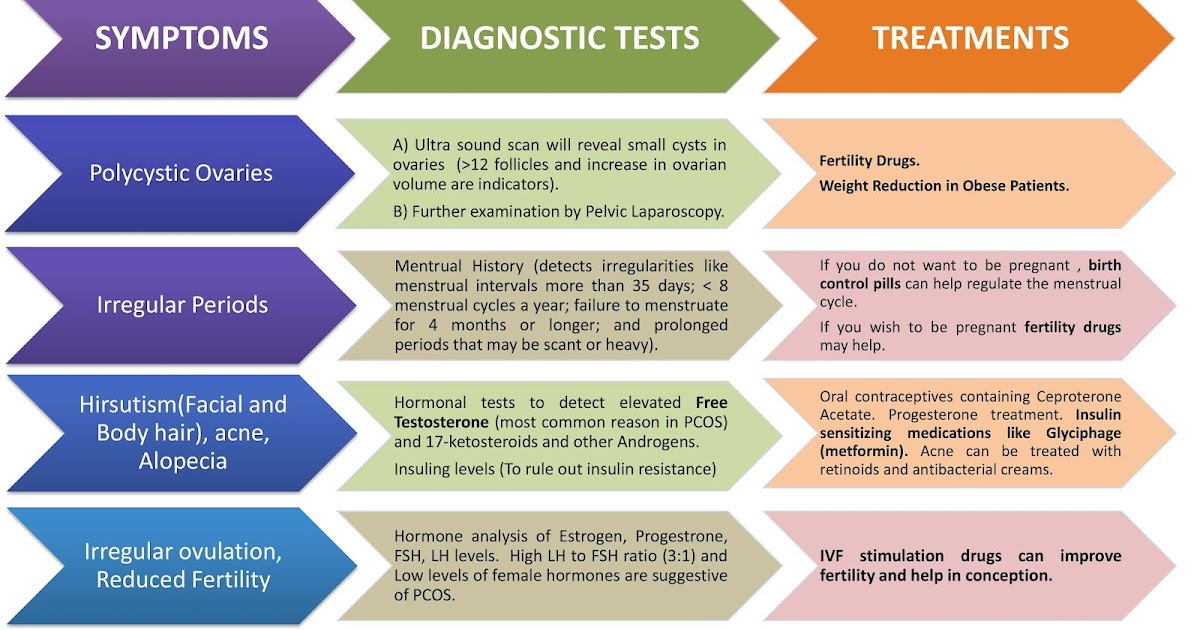 Here’s how it works.
Here’s how it works.
Are you and your partner figuring out how to get pregnant? Although a woman will be the one who technically gets pregnant, and carries and delivers the baby, a man also has a crucial role. For fertilization to occur, his sperm must be healthy and strong to reach and penetrate the woman's egg.
To make fertilization happen, a man must be able to have and keep an erection, have enough sperm that are the right shape and move in the right way, and have enough semen to carry the sperm to the egg, according to the Mayo Clinic . A problem in any step in this process, including male fertility, can prevent pregnancy.
A variety of factors, from genetics and lifestyle to environmental exposures and hormones, can affect a man's fertility, so it's difficult to isolate the exact cause for infertility, according to Dr. Jared Robins, chief of reproductive endocrinology and infertility at Northwestern Medicine's Fertility and Reproductive Medicine in Chicago. Nonetheless, doctors identify the cause of problems in about 80 percent of infertile couples, Robins noted. When there is a known cause of infertility, problems in the male partner tend to account for about 40 percent of infertile couples, he said. But there are many steps that men can take to enhance their health, lifestyle and relationship to increase a couple's chances of conceiving. Here are 10 tips for men who want to improve their fertility.
Nonetheless, doctors identify the cause of problems in about 80 percent of infertile couples, Robins noted. When there is a known cause of infertility, problems in the male partner tend to account for about 40 percent of infertile couples, he said. But there are many steps that men can take to enhance their health, lifestyle and relationship to increase a couple's chances of conceiving. Here are 10 tips for men who want to improve their fertility.
1. Lose extra pounds
Losing weight can improve sperm quality. (Image credit: Getty Images)Studies have suggested that couples in which the man is overweight or obese take longer to conceive than couples with no weight problems. Research has also indicated that being overweight or obese affects a man's sperm quality, reducing sperm counts and decreasing their ability to swim, as well as increasing damage to genetic material (DNA) in sperm, according to the American Society for Reproductive Medicine .
A 2012 study found that overweight and obese men were more likely to have low sperm counts or a lack of viable sperm compared with normal-weight men, possibly making it harder for these men to father a child. The researchers suspected that too much body fat was linked with changes in testosterone and other reproductive hormone levels in men.
The researchers suspected that too much body fat was linked with changes in testosterone and other reproductive hormone levels in men.
2. Get health conditions under control
Effectively managing chronic medical conditions, such as high blood pressure and diabetes, may improve a man's chances of getting his partner pregnant, suggests The World Journal of Men’s Health . Other medical conditions, such as cystic fibrosis or varicoceles (enlarged veins in the scrotum that cause overheating), may also affect male fertility, according to the Centers for Disease Control and Prevention . In addition, some medications used to treat high blood pressure (beta blockers), depression and anxiety (SSRIs), pain (long-term opiates), and an enlarged prostate (finasteride), could have a negative influence on fertility, according to the Cleveland Clinic.
Supplemental testosterone can also decrease sperm production. Some chemotherapy drugs and radiation treatments for cancer can cause permanent infertility, according to the Mayo Clinic . A man should speak to his doctor about medication he is taking and whether it might interfere with his ability to father a child.
A man should speak to his doctor about medication he is taking and whether it might interfere with his ability to father a child.
3. Eat healthy foods
Antioxidants and fiber can improve male fertility. (Image credit: Getty Images)"The role of diet in male fertility is unclear," Robins told Live Science. Even though the science may be inconclusive, it still makes sense for men to eat a variety of healthy foods, including plenty of fruits and vegetables, which are rich sources of antioxidants that may help to produce healthy sperm. Men should also consume fiber-rich foods, healthy monounsaturated fats, and moderate amounts of lean protein.
Robins said men frequently ask him whether drinking soda can decrease their sperm counts. He tells them there's no good evidence that caffeine in soda affects men's fertility, and there's little evidence that caffeine in coffee, tea and energy drinks is linked with fertility problems in men.
4. Get regular physical activity
Robins said he encourages men to get regular exercise because it helps reduce stress, makes men feel better about themselves and benefits their long-term health.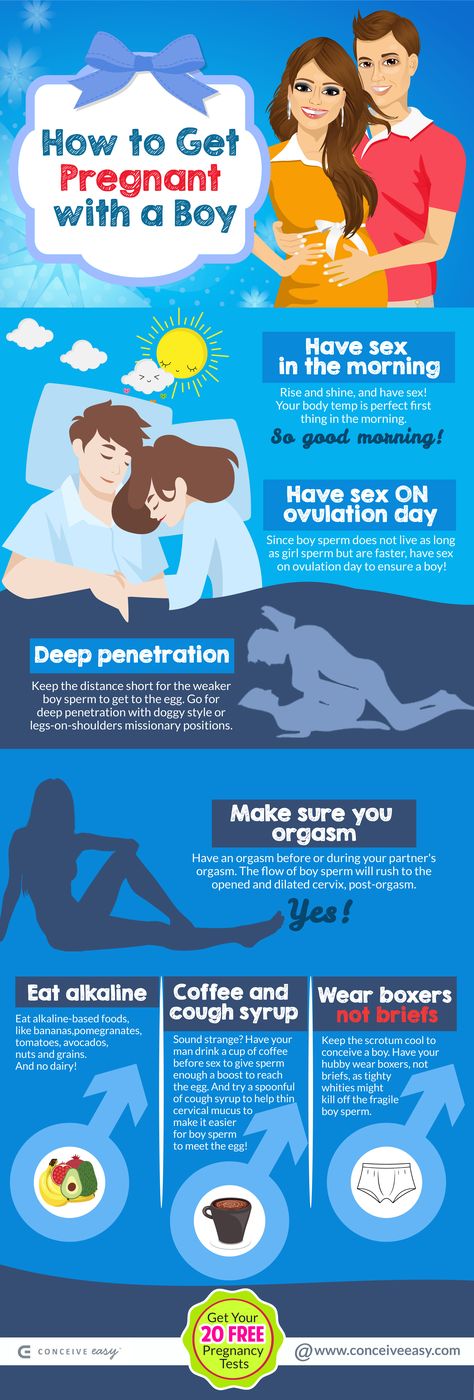 While being physically active is beneficial, according to a 2014 study, published in the journal Wilderness and Environmental Medicine , those who have a strenuous training schedule and regularly participate in endurance events may impact their levels of luteinising hormone and testosterone, impacting fertility.
While being physically active is beneficial, according to a 2014 study, published in the journal Wilderness and Environmental Medicine , those who have a strenuous training schedule and regularly participate in endurance events may impact their levels of luteinising hormone and testosterone, impacting fertility.
Related articles
Researchers have also looked at whether bike riding can affect sperm because the sport involves long periods of sitting in a position that increases scrotal temperatures as well as bouncing and vibrations that could cause trauma to the testicles. A few studies have suggested that long-distance truck drivers may also have more fertility problems for similar reasons as avid male cyclists.
One study, published in the journal Fertility and Sterility , found that men who attended fertility clinics and who reported they cycled for at least five hours a week were more likely to have low sperm counts and poor sperm motility compared to men who did other forms of exercise. However, there's little data on whether or not cycling actually impacts sperm function, Robins said.
However, there's little data on whether or not cycling actually impacts sperm function, Robins said.
5. Increase vitamin intake
Some vitamins may improve sperm quality. (Image credit: Getty Images)Robins tends to recommend that men take a daily multivitamin. "There is little likelihood of harm and some potential benefits," he said. Many multivitamin formulations for men might include antioxidants, such as vitamins C and E, and the minerals selenium and zinc. Some research has found that antioxidants may cause a slight increase in sperm count and movement, according to The American Society for Reproductive Medicine. It makes sense that antioxidants may improve sperm quality because they can protect against free radicals, which can cause damage to DNA within sperm cells, Robins said.
6. Be conscious of age-related fertility changes
Similarly to women, men have a ticking biological clock, but they experience fertility declines later in life than women do, according to a 2020 article by the BBC . Research shows that as a man gets older, both the volume and quality of his semen tend to diminish. As men get older, there is also a falloff in the number of healthy sperm and their movement, and they can also have more DNA damage in their sperm.
Research shows that as a man gets older, both the volume and quality of his semen tend to diminish. As men get older, there is also a falloff in the number of healthy sperm and their movement, and they can also have more DNA damage in their sperm.
These changes could mean it might take longer for a couple to conceive. With age, there is also a greater risk for genetic abnormalities in their sperm. Random mutations in a man's sperm can pile up as the years go by, making older fathers more likely to pass on more genetic mutations to a child.
7. Stop smoking
Smoking can impact sperm quality. (Image credit: Getty Images)Smoking is linked with reduced sperm quality: Male smokers are more likely to have low sperm counts and decreased sperm movement, and they have higher numbers of abnormally-shaped sperm, according to the American Society for Reproductive Medicine .
Marijuana and other recreational drug use, including anabolic steroids for bodybuilding, should also be avoided because some studies suggest they may also negatively impact sperm production, Robins said.
8. Boxers or briefs?
"This is everyone's favorite question," Robins said. But there's not a lot of science to suggest that switching from briefs to boxers improves a couple's chances of getting pregnant. Although a man's underwear choice may affect his scrotal temperature and reduce sperm quality, most studies have demonstrated no real difference between boxers and briefs in terms of their impact on male fertility, Robins said.
A 2016 study found that it really didn't make much difference whether men wore boxers or briefs or went commando on a couple's ability to conceive or on a man's semen quality, suggesting that it's best for men to wear whatever feels most comfortable to them when a couple wants to have a baby.
9. Beware of the heat
Heat can temporarily lower sperm numbers (Image credit: Getty Images)Frequent visits to and long stays in hot tubs, saunas and steam rooms could increase scrotal temperatures, which may decrease sperm counts and sperm quality. But this heat exposure does not have a permanent impact on sperm, Robins said. Reduced sperm counts may only be temporary and could return to normal in a few months once a man stops going into a hot tub or sauna.
But this heat exposure does not have a permanent impact on sperm, Robins said. Reduced sperm counts may only be temporary and could return to normal in a few months once a man stops going into a hot tub or sauna.
A 2011 study about men using laptops received plenty of media coverage when it reported that men who placed the computers on their laps may be more likely to have damaged sperm and decreased sperm motility. But these conclusions were "jumping the gun," Robins said. It's unclear how much time the men spent with the laptop in close proximity to their testicles, he explained, and it's also unclear whether the effects may have been caused by heat or if they resulted from radiation due to the use of a wireless connection.
10. Know when to get help
Infertility is defined as the inability of a sexually active couple who are not using birth control to get pregnant after one year of trying, according to The American Society for Reproductive Medicine. Robins said he tells couples that a woman who is under the age of 35 and her partner should try to become pregnant for one year without success before seeking an infertility evaluation. For women who are 35 or older, the time before seeing an infertility specialist shortens to 6 months in couples who are having sex regularly without using birth control, he noted.
Robins said he tells couples that a woman who is under the age of 35 and her partner should try to become pregnant for one year without success before seeking an infertility evaluation. For women who are 35 or older, the time before seeing an infertility specialist shortens to 6 months in couples who are having sex regularly without using birth control, he noted.
Additional resources
For more information about how to improve male fertility and how to get help, head to the U.K. National Health Service website . You can read about male reproduction in more detail in the Encyclopedia of Reproduction .
Bibliography
"Hypertension and Male Fertility". The World Journal of Men's Health (2017). https://synapse.koreamed.org/articles/1088840
"The Impact of an Ultramarathon on Hormonal and Biochemical Parameters in Men". Wilderness & Environmental Medicine (2014). https://www.sciencedirect.com/science/article/pii/S1080603214001021
"Physical activity and semen quality among men attending an infertility clinic". Fertility and Sterility (2011). https://www.sciencedirect.com/science/article/abs/pii/S0015028210027767
Fertility and Sterility (2011). https://www.sciencedirect.com/science/article/abs/pii/S0015028210027767
"Smoking and Infertility". The American Society for Reproductive Medicine. https://www.reproductivefacts.org/globalassets/asrm/asrm-content/learning--resources/patient-resources/protect-your-fertility3/smoking_infertility.pdf
This article is for informational purposes only, and is not meant to offer medical advice.
Cari Nierenberg has been writing about health and wellness topics for online news outlets and print publications for more than two decades. Her work has been published by Live Science, The Washington Post, WebMD, Scientific American, among others. She has a Bachelor of Science degree in nutrition from Cornell University and a Master of Science degree in Nutrition and Communication from Boston University.
Preparing a man for conception - clinic "Family Doctor".
- Home >
- About clinic >
- Publications >
- Preparing a man for conception
Preparation for conception is necessary for both a woman and a man. This is because the child receives 50% of the genetic material from each parent. So, for the birth of a healthy child, his parents must be healthy.
This is because the child receives 50% of the genetic material from each parent. So, for the birth of a healthy child, his parents must be healthy.
Many factors can affect the male reproductive system. First of all, bad habits should be mentioned, which include smoking and alcohol abuse, as well as constant stress and chronic lack of sleep. It is also the presence of sexually transmitted infections, exacerbation of chronic prostatitis, hormonal disorders, taking certain medications and steroids, a sedentary lifestyle, obesity, overheating of the groin and perineum, etc.
When planning a conception, a man needs to exclude the impact of all of the above factors in three months and cure diseases and infections, because. the full cycle of sperm renewal takes three months.
What can you do to improve the quality of your sperm = the genetic material of your unborn child?
1. Remember that sperm do not like overheating. Therefore, it is advisable to cancel visits to baths and saunas, to keep the seat heating in the car turned on for too long.
Therefore, it is advisable to cancel visits to baths and saunas, to keep the seat heating in the car turned on for too long.
2. Reduce weight if you are obese. For men, a waist circumference in centimeters (at the level of the navel) over 94 cm = obese. In adipose tissue, testosterone is converted to estrogens, many inflammatory factors are produced, and this can also lead to type 2 diabetes, etc. Which, as you understand, are not the best companions for easily injured sperm!
3. Exclude sugary carbonated drinks, dyes, trans fats, confectionery from the diet.
4. Do not abuse alcohol. Alcohol, in addition to a direct toxic effect on spermatozoa, reduces the body's ability to absorb zinc, which is necessary for normal spermatogenesis.
5. Stop smoking. According to numerous studies, up to 50% of couples suffering from idiopathic infertility, after stopping smoking, find a long-awaited baby.
6. Try to be less nervous and sleep more.
7. Do not take medicines without a doctor's prescription (many drugs can significantly impair sperm quality). From here follows the rule: treat your chronic diseases before the moment of pregnancy planning.
From here follows the rule: treat your chronic diseases before the moment of pregnancy planning.
In order to understand how fertile you are, you need to come to a consultation with a urologist-andrologist. It is advisable to have at least a spermogram with you. The rest of the list of examinations will be consulted by a doctor of the aforementioned specialty. It is better for a married couple to undergo an examination in parallel so that the treatment does not work out late, because. after the age of 35, a woman loses the ability to bear children faster than a man, and many couples miss the moment just because the man does not want to visit medical institutions.
To make an appointment with a specialist, call the single contact center in Moscow +7 (495) 775 75 66, fill out the online appointment form or contact the receptionist of the Family Doctor clinic.
Return to the list of publications
Physicians
About doctor Record
Annenkov Andrey Viktorovich
urologist, PhD
Clinic on Novoslobodskaya
Clinic on Usacheva
Clinic on Ozerkovskaya
About doctor Record
top
How a man prepares for conception and his wife's pregnancy - May 18, 2021
Before conception, a man must check his health
Photo: Timofey Kalmakov
Share
, but now we decided to deal with the health of future fathers. We talked with urologist Danil Yudin about how bad habits, overweight, diseases and other factors affect the possibility of conception and fetal development.
Danil Yudin advises giving up bad habits while preparing for conception
Photo: Natalya Mikhaleva
Share
— It is believed that women should not smoke and drink at least three months before conception. What about men?
- In men, preparation for pregnancy also lasts three months - this is the period of renewal and full maturation of spermatozoa, their transformation into the final cell, which is ready for fertilization. You need a complete cessation of smoking and alcohol.
— How does sperm change when smoking and drinking alcohol?
— If we are talking about systematic daily smoking and alcohol consumption in general, then this is oxidative stress (damage to the cell as a result of oxidation.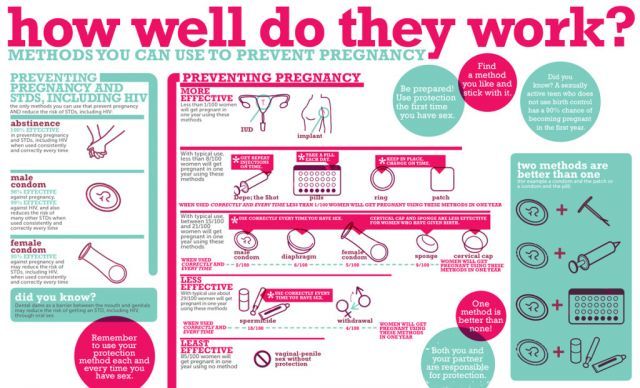 — Note ed. ) for the body. First of all, brain cells suffer, as well as spermatozoa, in which mobility decreases. It directly depends on bad habits.
— Note ed. ) for the body. First of all, brain cells suffer, as well as spermatozoa, in which mobility decreases. It directly depends on bad habits.
Alcohol reduces sperm motility
Photo: Sergey Fedoseev
Share
— Tell us, what is the effect of systematic drinking by a man on an unborn child? How much and how often can you drink so that it does not affect anything?
— The consumption of alcohol itself affects the decrease in sperm motility. In certain cases, it leads to their morphological (external structure. - Note ed. ) change. If the use continues for years, then spermatozoa can accumulate altered DNA in themselves, and this can cause congenital malformations, but it is quite difficult to predict this at the initial stage. It is advisable to minimize alcohol consumption for at least three months. This is definitely worth doing when a couple for a year or more cannot conceive a child with the lifestyle that they have. The main thing is to have self-control - a glass of dry wine will not hurt.
The main thing is to have self-control - a glass of dry wine will not hurt.
— What is the risk of smoking?
- Here again it is worth remembering about oxidative stress. When smoking, free radicals accumulate, which adversely affect all processes in the body - from reproductive function to neurology, cardiology and others. Spermatozoa are very sensitive to this, they go through many more stages in their development than other cells, and the risk of deviations is much greater.
- Should nutrition be special in preparation for pregnancy? How long before conception should it be corrected?
- Everything is simple - a balanced diet. There just needs to be more protein, the right carbs, and vitamins. It is not necessary to constantly eat seafood, as some believe, fast food and similar things can be excluded. We're not talking about three months. We count from the moment when the couple came to the conclusion that it was time to have a baby, because pregnancy may not occur immediately.
The doctor emphasizes that even with the exclusion of fast food and other junk food, variety and balance are important. That is, you should not constantly eat, for example, only pasta and meatballs. Nutrition does not affect the development of the fetus, but the process of fertilization - it can simply delay it.
Nutrition must be balanced. Eating buckwheat with chicken all week is not an option. In any form? Why?
- I will not say that shrimp, seafood have an extremely beneficial effect. But one cannot but agree that some varieties of fish are richer in trace elements. At the same time, there is no panacea in the form of products.
- Weight is thought to affect sperm. How?
- That's right. By itself, adipose tissue produces estrogens. Their excess is harmful not only to men, but also to women. This entails a violation of the production of other hormones that are involved in the maturation of eggs in women. And in the male body, an excess of female hormones affects the lack of male sex hormones, which affect the production of sperm. Here we are talking about the quantity and quality of spermatozoa.
Here we are talking about the quantity and quality of spermatozoa.
— Is overweight of the future father dangerous for the fetus?
— No. In a man, overweight matters only at the stage of conception. The tendency to be overweight can be passed on to the child at the genetic level, but it is unlikely to affect his intrauterine development.
The urologist also recommends women to monitor their weight at the stage of preparation for pregnancy. Excess body weight affects the cardiovascular system, and the load on it affects the condition of the fetus. Hypertension may occur, that is, peripheral vasospasm (not associated with the heart or brain. - Note ed. ), including placental vessels, fetal hypoxia will occur (oxygen starvation. - Note ed. ). This condition threatens the lives of the fetus and the expectant mother.
— Why is underweight dangerous?
- If we are talking about physical exhaustion, then there will be changes in the form of low sperm motility and their reduced number. Possible violations of morphological forms. And when a man is exhausted, what kind of pregnancy planning can we talk about? You need to get your health in order first.
Possible violations of morphological forms. And when a man is exhausted, what kind of pregnancy planning can we talk about? You need to get your health in order first.
— When is it worth addressing the issue of excess weight, if the man was not previously puzzled by it?
- There is no need to panic and limit yourself in some way - everything should go in parallel. There are a million men with overweight bodies and they have no problems at all with conception. And if they are, then they need to be addressed. Adjust the weight and you'll be fine.
— What diseases can affect the reproductive organs?
- Cardiovascular or disease of the respiratory, endocrine system can affect men's health. The most common chronic problem is diabetes mellitus. This is the scourge of modern society, which is progressing and getting younger. The second place is hypertension, they are connected with each other. Also diseases of the thyroid gland, because its hormones are also involved in the process of spermatogenesis.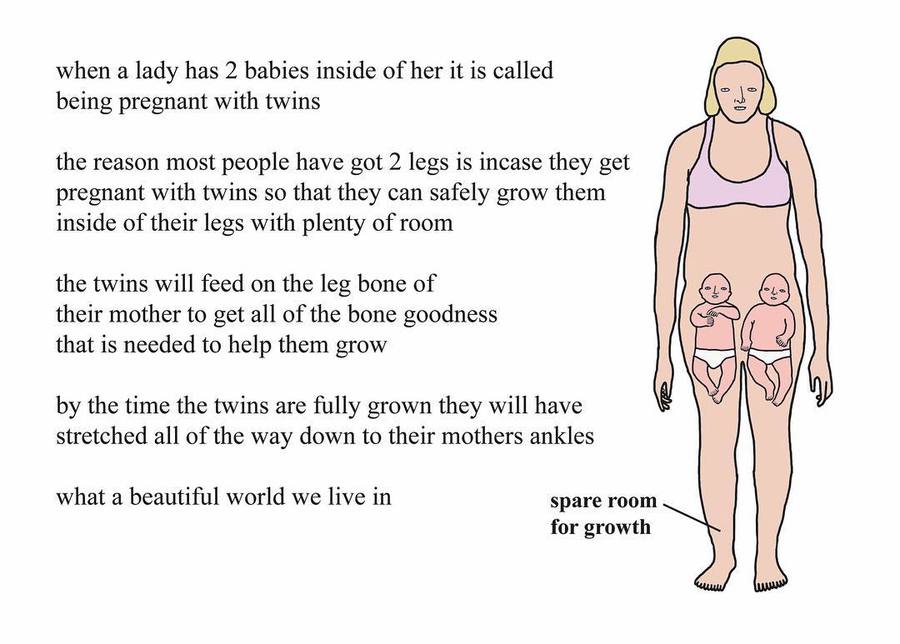 Well, sexually transmitted diseases are those problems that lead not only to impaired fertility, but also to fetal pathologies, if they are not cured in time. Gonorrhea, of course, occurs, but not so often, it is not worth focusing on it. Even if the pregnancy proceeds normally, then at a certain stage infection of the amniotic fluid may occur. Chlamydia can interfere with both male and female fertility. But if you keep them under control, and the titer of infections is not high, then there are chances that the child will not become infected. For a man, these diseases are fraught with bacterial damage to the organs of the reproductive system. Suppose there is inflammation of the appendages, testicles. By itself, the diseased organ cannot produce cells normally, an infection occurs in the prostate gland, urethra in the form of urethritis, chronic prostatitis.
Well, sexually transmitted diseases are those problems that lead not only to impaired fertility, but also to fetal pathologies, if they are not cured in time. Gonorrhea, of course, occurs, but not so often, it is not worth focusing on it. Even if the pregnancy proceeds normally, then at a certain stage infection of the amniotic fluid may occur. Chlamydia can interfere with both male and female fertility. But if you keep them under control, and the titer of infections is not high, then there are chances that the child will not become infected. For a man, these diseases are fraught with bacterial damage to the organs of the reproductive system. Suppose there is inflammation of the appendages, testicles. By itself, the diseased organ cannot produce cells normally, an infection occurs in the prostate gland, urethra in the form of urethritis, chronic prostatitis.
— Is it possible to conceive during an exacerbation of chronic diseases? Why?
— If a couple is planning a pregnancy and an exacerbation of gastric ulcer occurs, which involves treatment, including antibacterial drugs, then this matter should be postponed for this period of time. While a person is taking drugs that affect fertility, then a month and a half should be protected.
While a person is taking drugs that affect fertility, then a month and a half should be protected.
— What will happen to the fetus if conception occurs during an exacerbation of a chronic disease in a man?
— If the pregnancy is spontaneous, and at that moment the man or woman was taking some drugs, do not panic, just contact a specialist. Here the man has already done everything, then the girl should go to the gynecologist, pass certain tests. Very few drugs can cause any teratogenic effect on the fetus.
- And if you have recently had coronavirus, how does this affect?
- There are no observations of how this disease affects fertility in men who have had it.
— How does sport affect the male reproductive system in general?
- Positive. But you need to understand what kind of sport it is, if it is a sport of great achievements - a person is preparing for the Olympic Games and he has such loads that he barely reaches the bed, then there can also be changes in the spermogram. For example, decreased mobility due to overwork.
For example, decreased mobility due to overwork.
— Which sport has the most beneficial effect? Why?
- Positive effect of aerobic exercise, outdoor activities - skiing, running, football, but without injury. The main thing is that the body has time to recover - you do not need to train twice a day.
Outdoor running is what doctors recommend
Photo: Timofey Kalmakov
Share
— Is there any point in physical activity a few months before conception, if a man has not been involved in sports all his life?
— There is a sense, because the muscular system begins to work, which provokes the endocrine system to work better, male sex hormones begin to work more competently, and this favorably affects the quality of sperm.
- A woman should take iodine and folic acid before pregnancy. What should men take? What will it affect?
— Before starting any treatment, you need to be examined. Before conception, a man goes to an andrologist, whose examination includes a study of the level of hormones that are involved in spermatogenesis, the cardiovascular system, a blood test and STDs (sexually transmitted diseases). If there are violations, then treatment is prescribed. As for supplements and vitamins, there is such a thing as preventive preparation, if you drink vitamins, they will not hurt in any way, in conjunction with observing the regime of work and rest, proper nutrition will only get better. You can take some course at least from one to three months.
Before conception, a man goes to an andrologist, whose examination includes a study of the level of hormones that are involved in spermatogenesis, the cardiovascular system, a blood test and STDs (sexually transmitted diseases). If there are violations, then treatment is prescribed. As for supplements and vitamins, there is such a thing as preventive preparation, if you drink vitamins, they will not hurt in any way, in conjunction with observing the regime of work and rest, proper nutrition will only get better. You can take some course at least from one to three months.
– How early can I start the course?
- There is no strict time frame, but you need to reconsider your preferences from the moment when the couple comes to the decision that it is time to have a baby. If we are talking about the notorious three months when sperm is renewed, then we must understand that this does not happen at the moment, but gradually.
- Is there a better age to conceive? What period is this?
- It is believed that after the age of 35, male sex hormones begin to decline.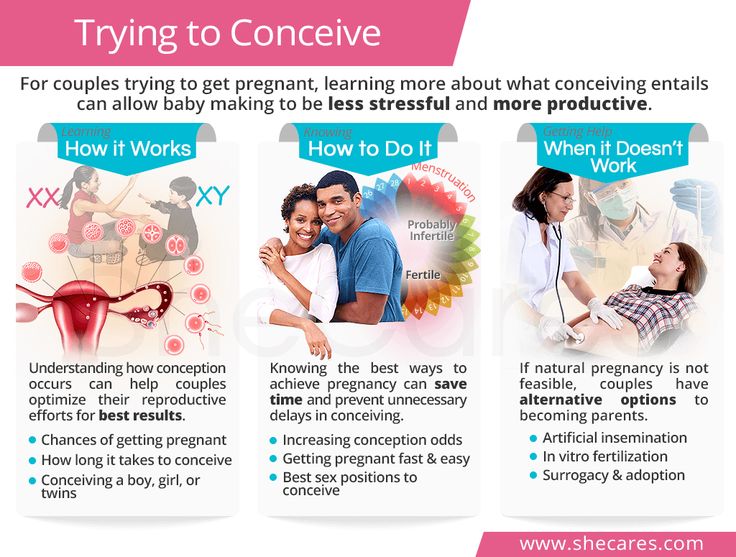 But there are men who have everything in order at 40 and at 50. But there are those who are stressed at work or have a long history of smoking. All this accumulates over the years and can affect the quality of sperm. If, for example, a person from the age of 13 drank, smoked, did not take care of his health, then you should not expect miracles from an andrologist. Well, with age, chronic diseases still accumulate, DNA can change, and the changed DNA can be passed on to offspring.
But there are men who have everything in order at 40 and at 50. But there are those who are stressed at work or have a long history of smoking. All this accumulates over the years and can affect the quality of sperm. If, for example, a person from the age of 13 drank, smoked, did not take care of his health, then you should not expect miracles from an andrologist. Well, with age, chronic diseases still accumulate, DNA can change, and the changed DNA can be passed on to offspring.
- It is believed that in men over 50 years of age, testosterone production decreases, this can create difficulties for successful fertilization. Is it so?
- For some it happens earlier, for others later, it's impossible to predict - it's inherent in nature. We can only hold back what is laid down due to the right way of life. There are a number of hereditary diseases that already at an early age reduce the level of the hormone, for example, congenital hypogonadism (lack of testosterone.

